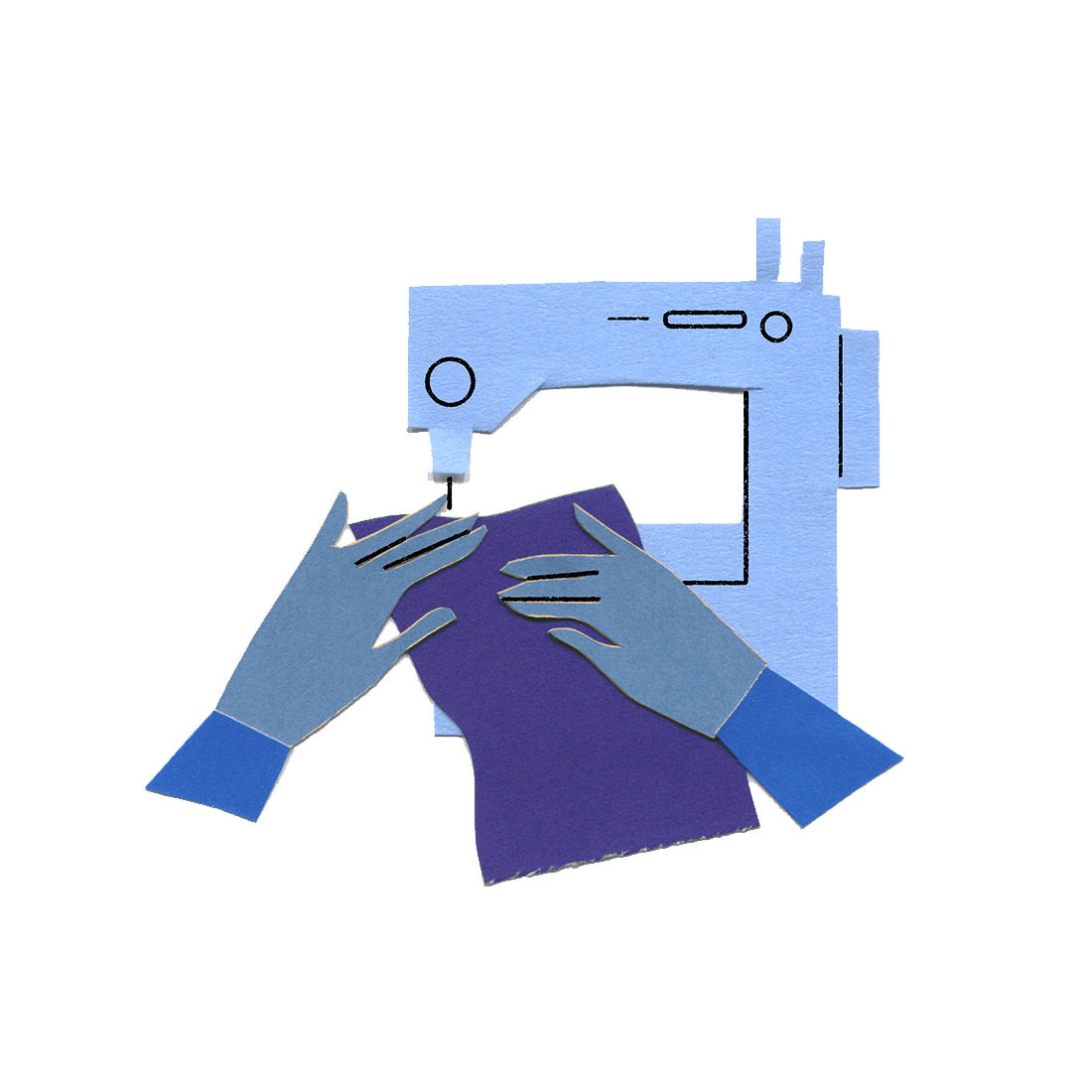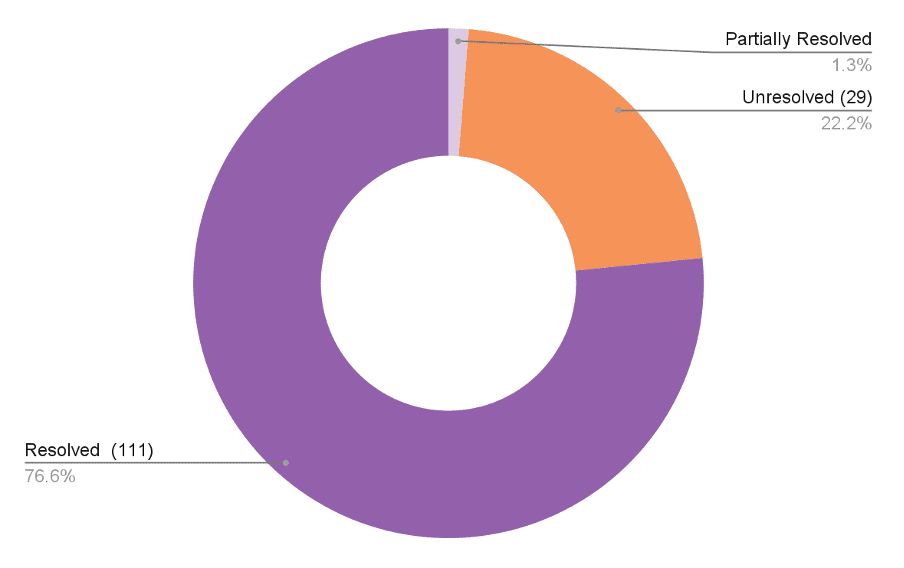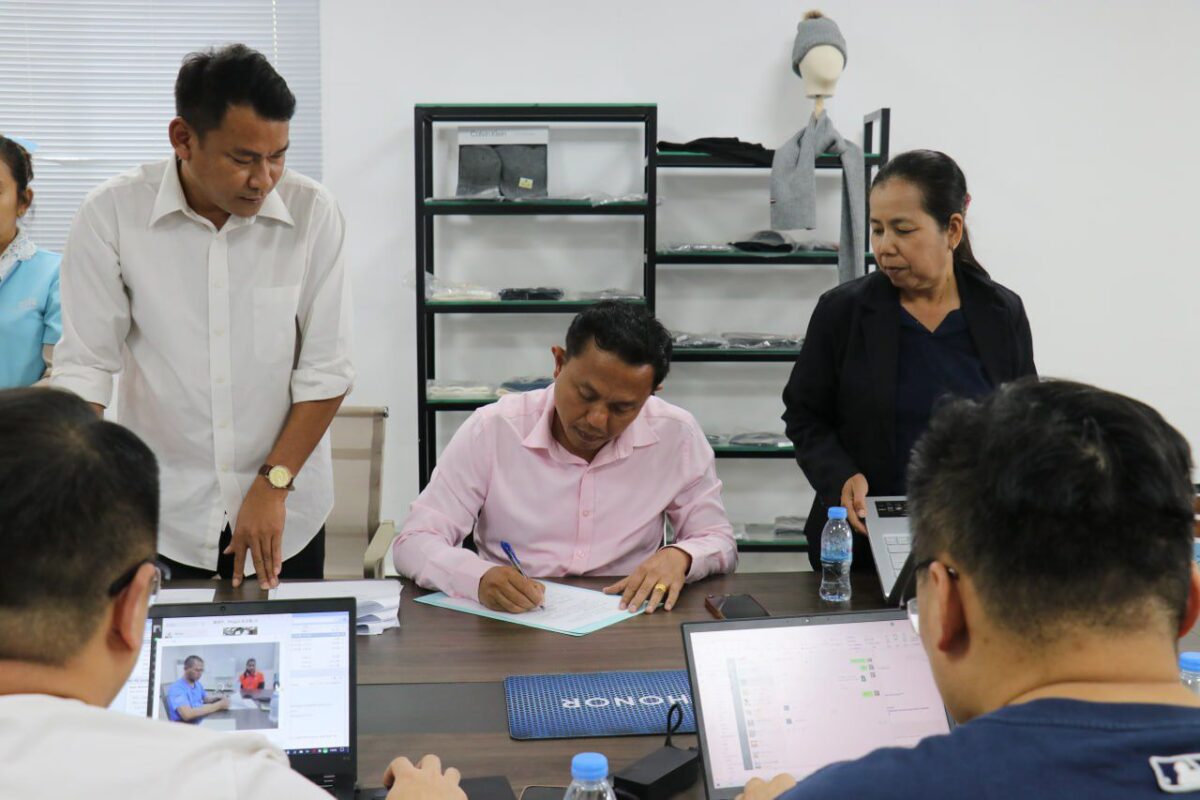 Ensuring accountability: monitoring and enforcement
Ensuring accountability: monitoring and enforcement
The industry needs more than bold commitments. ACT members are committed to creating lasting, measurable change to the wages paid to workers and brand purchasing practices in the global garment industry.
360 degree feedback
The best way to impact is by monitoring how the commitments made by stakeholders are implemented. At ACT, supplier feedback and communication is a critical element of the 360-degree anonymous feedback approach to accountability. This generates crucial data needed for learning and adaptation and helps confirm that brand purchasing practices commitments have tangible positive outcomes for suppliers and workers. The ACT Accountability and Monitoring Framework is a unique due diligence tool with shared indicators and monitoring instruments to ensure these tangible positive outcomes.
ACT is using these tools to support member brands in creating visibility, transparency, digesting feedback, learning from it, adopting and implementing the necessary changes by ensuring accountability.
Accountability, Monitoring & Grievance Mechanisms
ACT members have jointly developed an Accountability and Monitoring Framework, a unique due diligence tool with shared indicators and monitoring instruments. This Framework is designed to ensure the impact of the commitments made by ACT brands and to generate the feedback necessary to improve and adapt. Under the Framework, ACT member brands are accountable to IndustriALL Global Union for their progress on the commitments made.
The Framework includes monitoring and reporting tools on the ACT Purchasing Practices Commitments as well as grievance mechanisms to ensure key stakeholders have a course to file complaints. Robust grievance mechanisms for workers and employers, a key element of ACT’s accountability and monitoring framework, aim to ensure that manufacturers, trade unions, and global brands are involved as equal parties in identifying challenges and finding joint solutions.



 Ensuring accountability: monitoring and enforcement
Ensuring accountability: monitoring and enforcement




